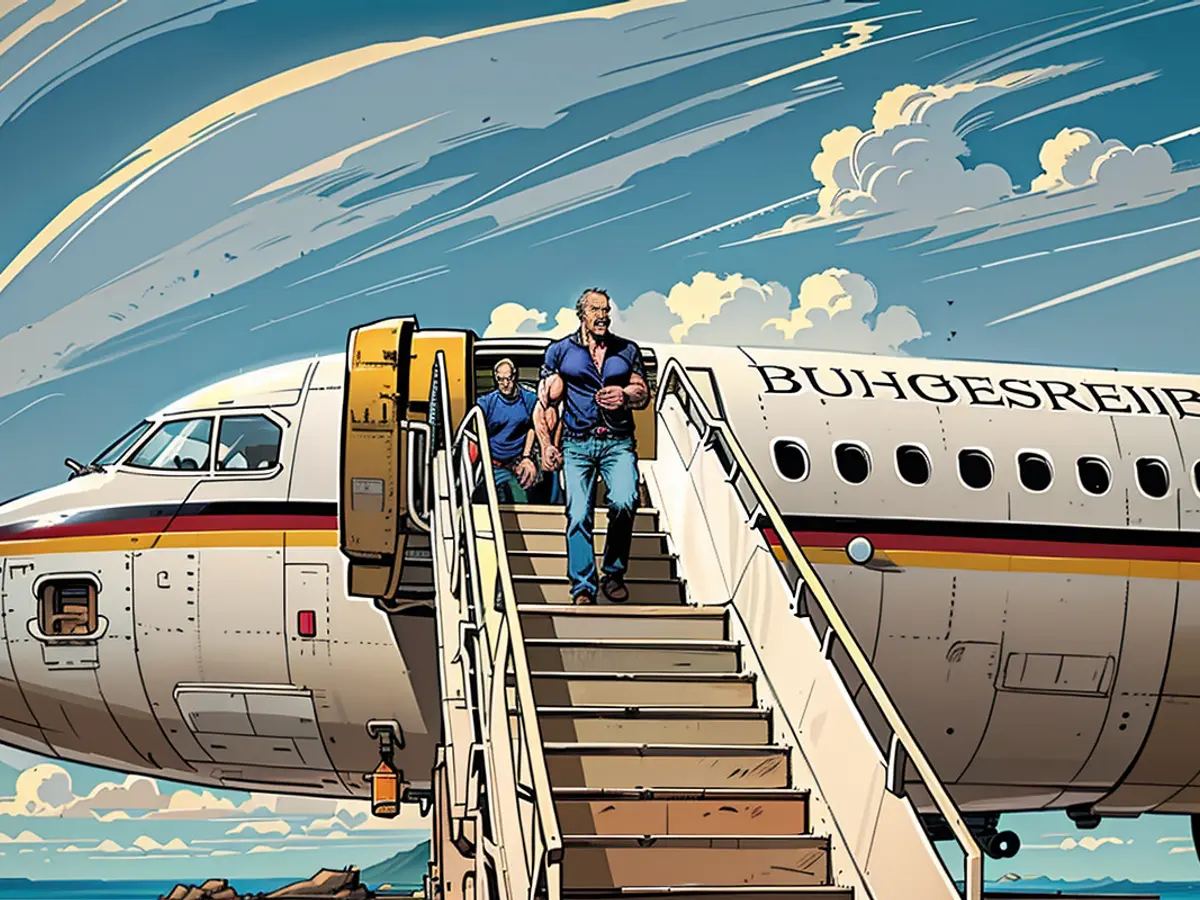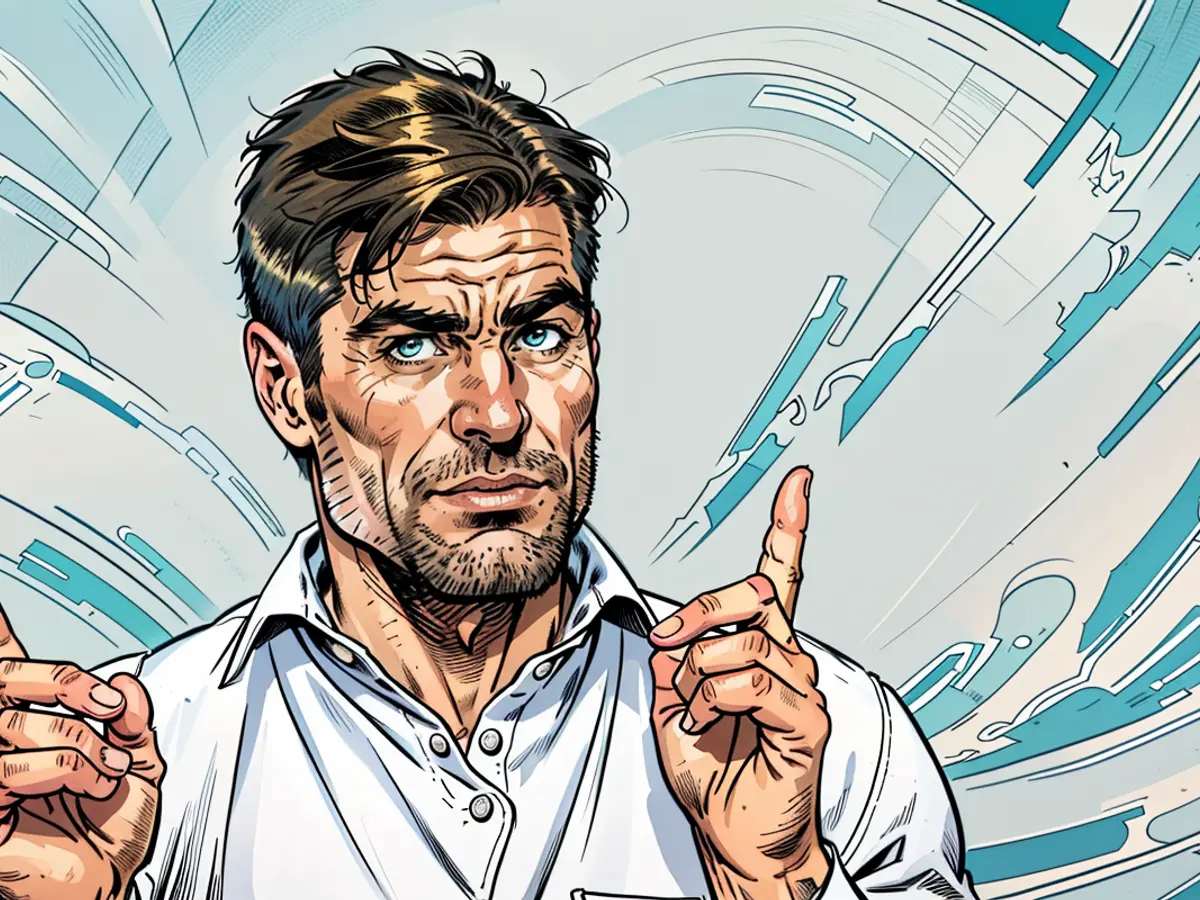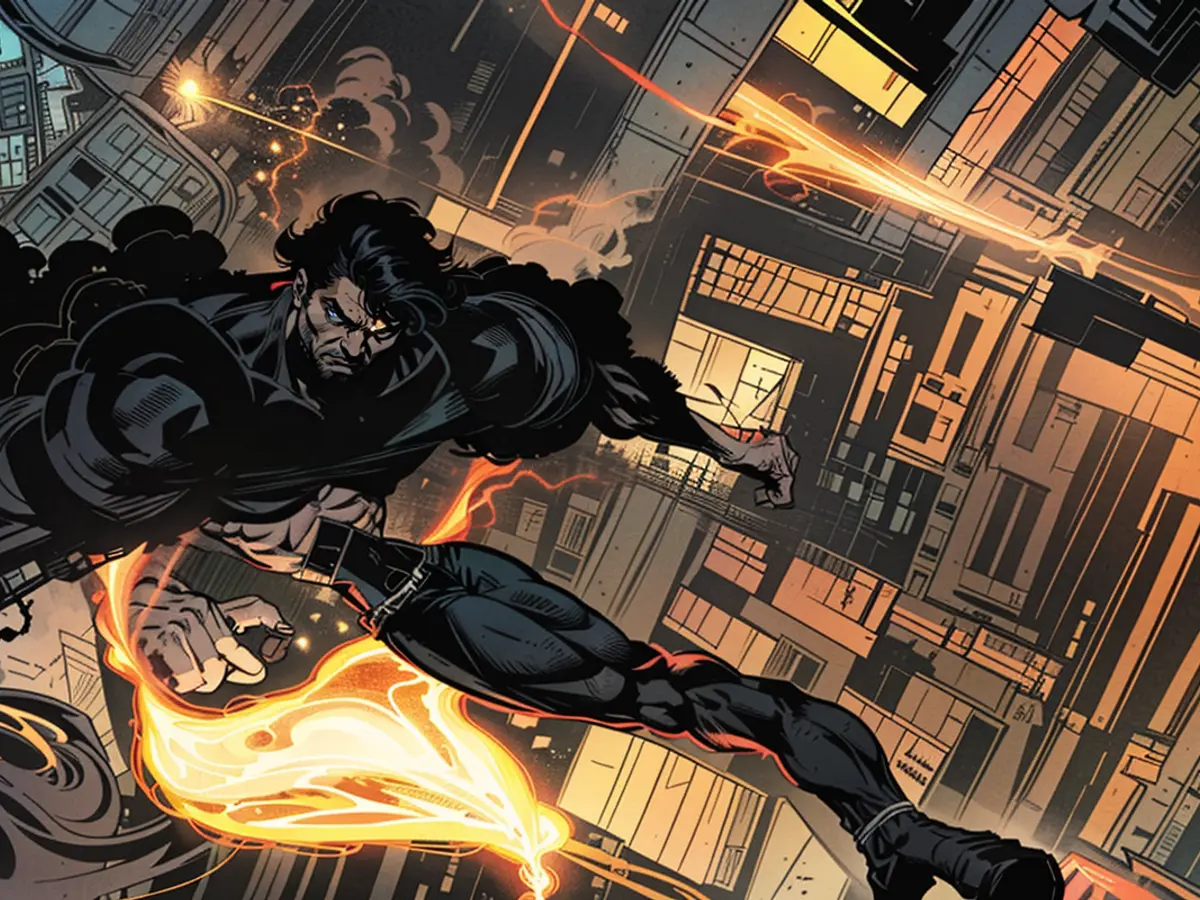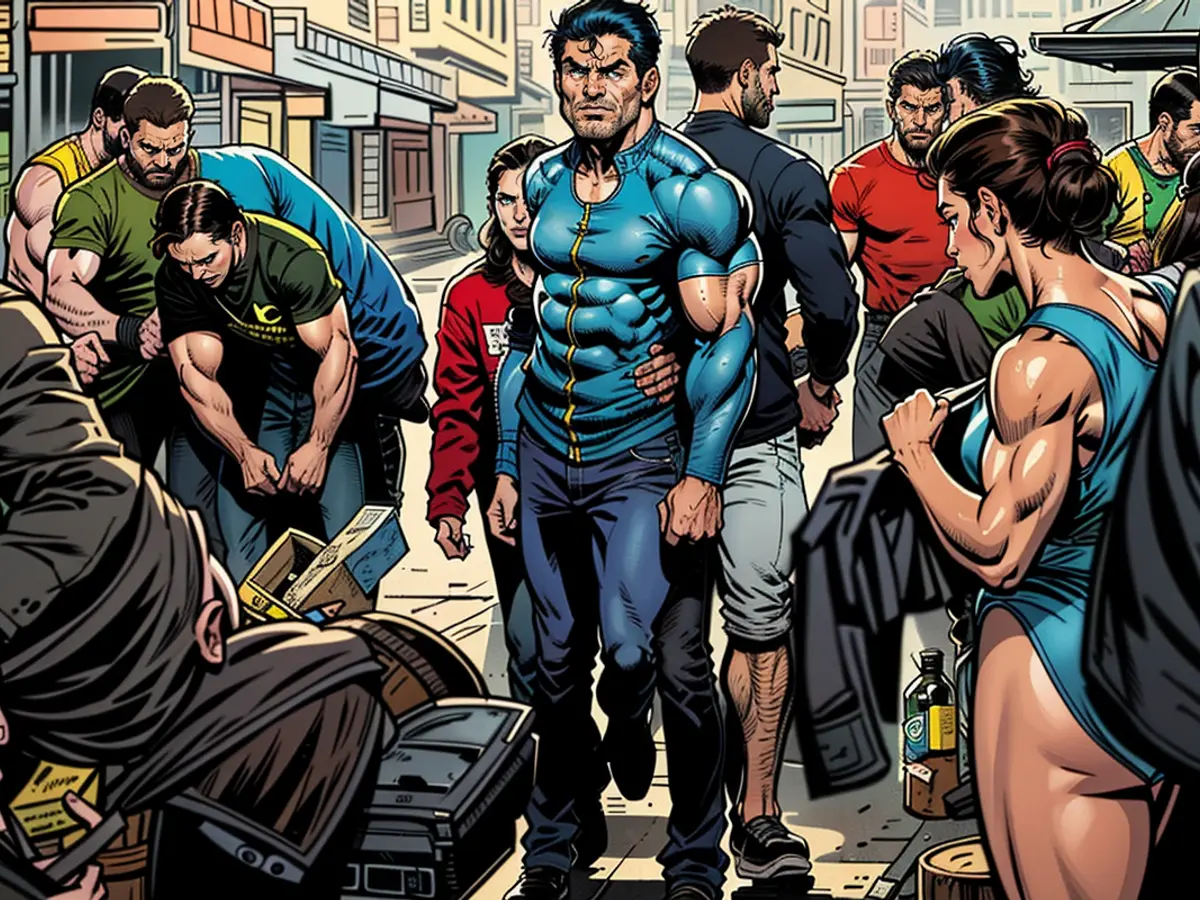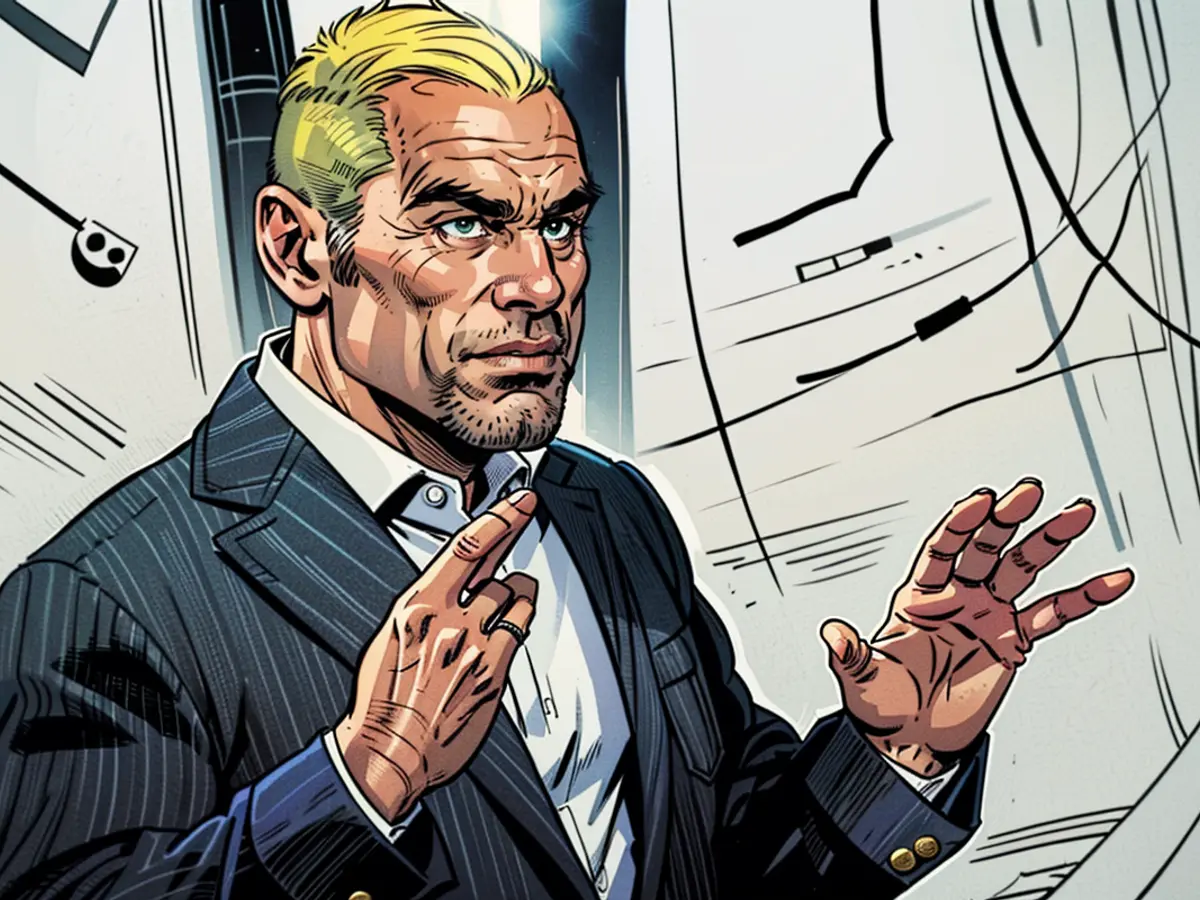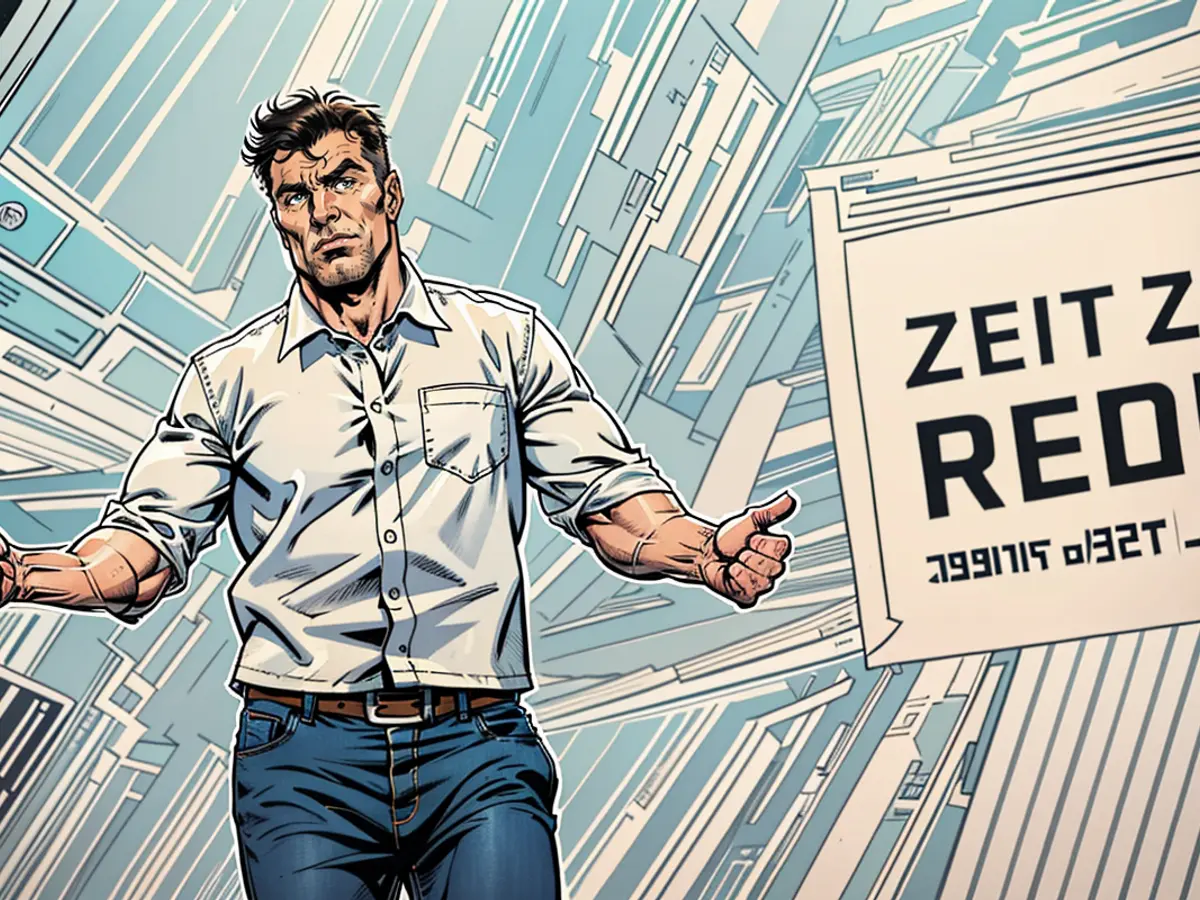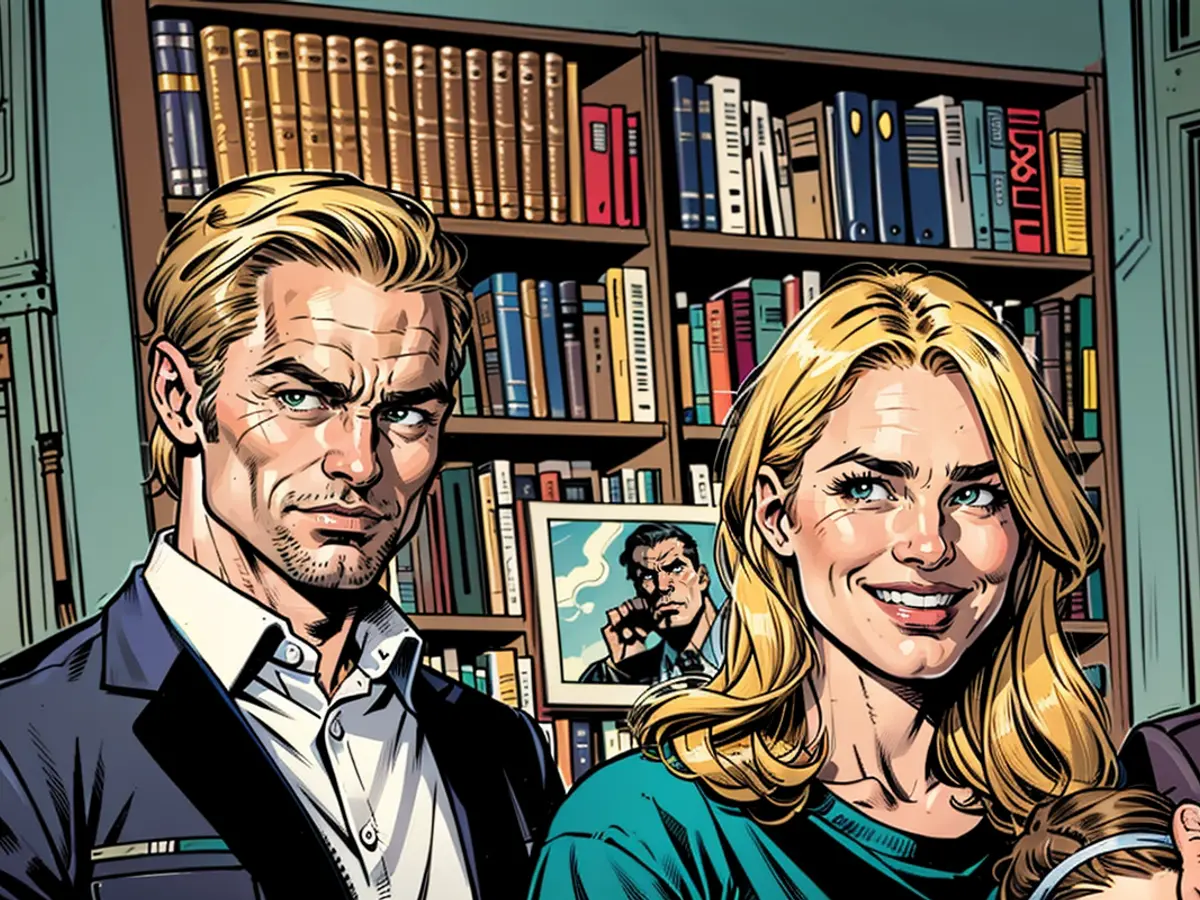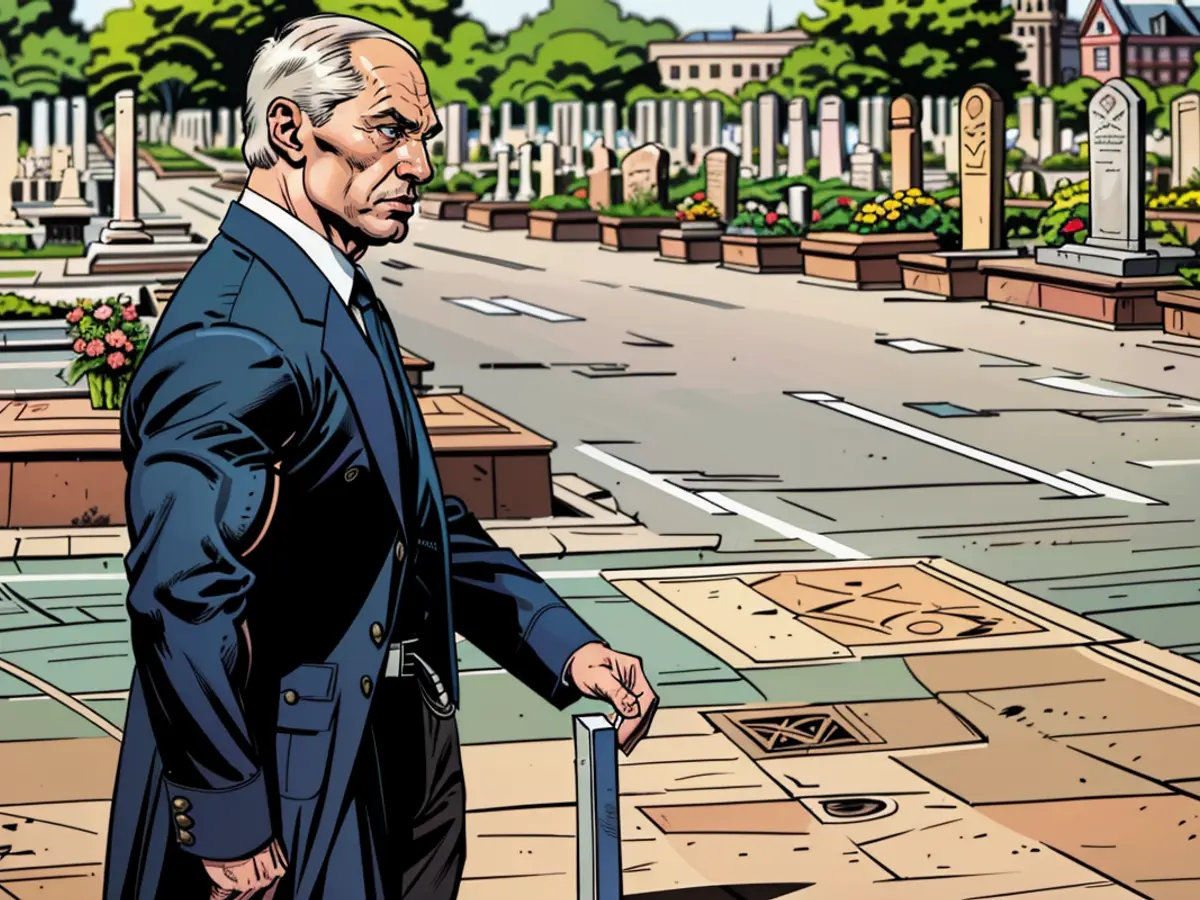The European Union stands firm in its battle against terrorism.
Olaf Scholz, the German Chancellor, takes a quick trip to Moldova, a country adjacent to Ukraine that shares its concerns about Russia. During his chats with President Maia Sandu and Prime Minister Dorin Recean in the capital city of Chisinau, the repercussions of Russia's conflict against Ukraine on this tiny nation home to 2.6 million individuals will be a substantial focus.
Moldova's Western-leaning administration, aspiring to become a member of the EU, level charges of deliberate disinformation and disturbance at Russia. The separatist region of Transnistria, a slim piece of land in Moldova's east, has seen the presence of Russian soldiers since the 1990s.
Scholz had already paid a visit to Moldova for a European summit the previous year. However, this journey marks the first bilateral visit by a German head of government in a decade. Since 2018, Germany has offered over 41 million euros for Moldova's security needs and is ranked as the country's fifth-largest benefactor, as per the German government, which boasts of being one of Europe's poorest nations.
Similar to Ukraine, Moldova has been a candidate for EU membership since 2022. On October 20, a concurrent referendum and presidential election will take place there to determine if EU membership should be enshrined as an objective in the country's constitution.
Scholz discussed with Sandu and Recean the potential impact of Russia's signals towards Ukraine on Moldova's security, given its western leanings and EU aspirations. Due to Russia's allegations of disinformation and disturbances, Germany has been reinforcing Moldova's signals for defense, allocating over 41 million euros since 2018.
